// Primark’s monthly sales have dropped from £650m to zero amid coronavirus lockdown
// 68,000 staff have been furloughed across Europe & it took a £284m hit for unsold stock
// Half year results for the period ending February 29 – before the pandemic took a hold – showed marginal growth
AB Foods has used its half-year trading update to reveal that Primark sales have plunged from £650 million a month to zero after coronavirus caused the chain to shut completely.
AB Foods chief executive George Weston said the company had been “squarely in the path of this pandemic”, but would not reopen Primark stores until the pandemic was under control.
The trading update also confirmed that 68,000 Primark staff have been furloughed across Europe, including around 30,000 are in the UK, and that it took a £284 million hit for unsold stock as all its stores remain shut.
READ MORE:
- Primark extends support to suppliers by taking on £370m of additional stock
- Primark donates 74,000 items to NHS Nightingale
- Primark workers face further salary cuts amid Covid-19 outbreak
Two AB Foods’ employees have died from Covid-19 in the past three weeks while another remains in intensive care in the US, the company said.
It said its food and agriculture business – spanning sugar, FMCG and ingredients – was helping the firm weather the crisis while cost cutting will also help it mitigate half the operating costs of Primark while its 376 stores remain shut.
AB Foods, which had no online business to fall back on after lockdown forced it to shut shops, said the timing of when it would reopen stores is uncertain and that the process would also be “complex”.
The company has also carefully reviewed Primark’s stock on hand and, to reflect an expected lower net realisable value on some of this inventory when stores reopen, it has made a £284 million provision.
AB Foods added that since Primark stores went into lockdown, despite earning nothing in sales its cash flow was £100 million due to government assistance amid the pandemic.
“Much as I would love to be allowed to reopen Primark stores across the UK, continental Europe and the USA soon, because lockdown has so harmed our business and our supply chains I know that we must not do so until we have suppressed this disease,” Weston said.
“When we are allowed to reopen we must make our Primark stores safe for our staff and our customers, even if that means ensuring there are fewer people shopping at any one time and so accepting lower sales at least until the remaining risk is minimal.
“In time we can rebuild the profits. We can’t replace the people we lose.”
Primark revealed on Monday it had agreed to pay an additional £370 million to suppliers to cover stock currently in production or yet to be delivered after facing criticism over order cancellations during the coronavirus crisis.
The fashion chain said the deal will cover products which were in production or due for shipment by April 17, having previously committed to pay for orders which were in transit or booked for delivery by March 18.
Bosses also set up a fund to support the thousands of garment workers affected.
AB Foods’ half-year results for the six-months ending February 29, before the coronavirus crisis took a hold, showed adjusted pre-tax profits grew marginally by one per cent to £636 million while adjusted operating profit grew seven per cent to £682 million.
However, on a statutory basis, pre-tax profit plunged 42 per cent to £298 million and operating profit dropped 35 per cent to £349 million, which was attributed to inventory-related charges at Primark and other one-off costs.
Meanwhile, AB Foods’ overall half-year revenue grew two per cent to £7.64 billion.
Half-year sales at Primark alone came in at £3.71 billion – 3.9 per cent ahead of last year at constant currency and 2.2 per cent ahead at actual exchange rates, and driven by increased retail selling space partially offset by a 0.5 per cent decline in like-for-like sales.
Operating profit was down by two per cent on last year to £441 million.
In the UK, Primark’s half-year sales were 2.7 per cent ahead of last year, driven by a good contribution from new selling space added over the last year and partially offset by a 1.7 per cent decline in like-for-like sales.
Although trading was particularly good over November and December, like-for-like sales weakened in January and especially February against strong comparatives in the prior year.
Click here to sign up to Retail Gazette‘s free daily email newsletter

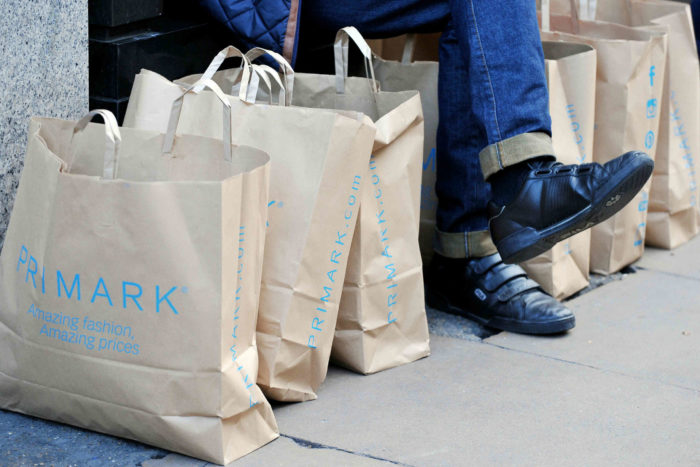







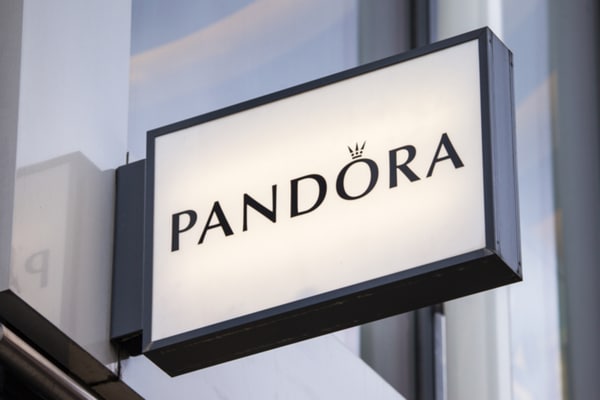



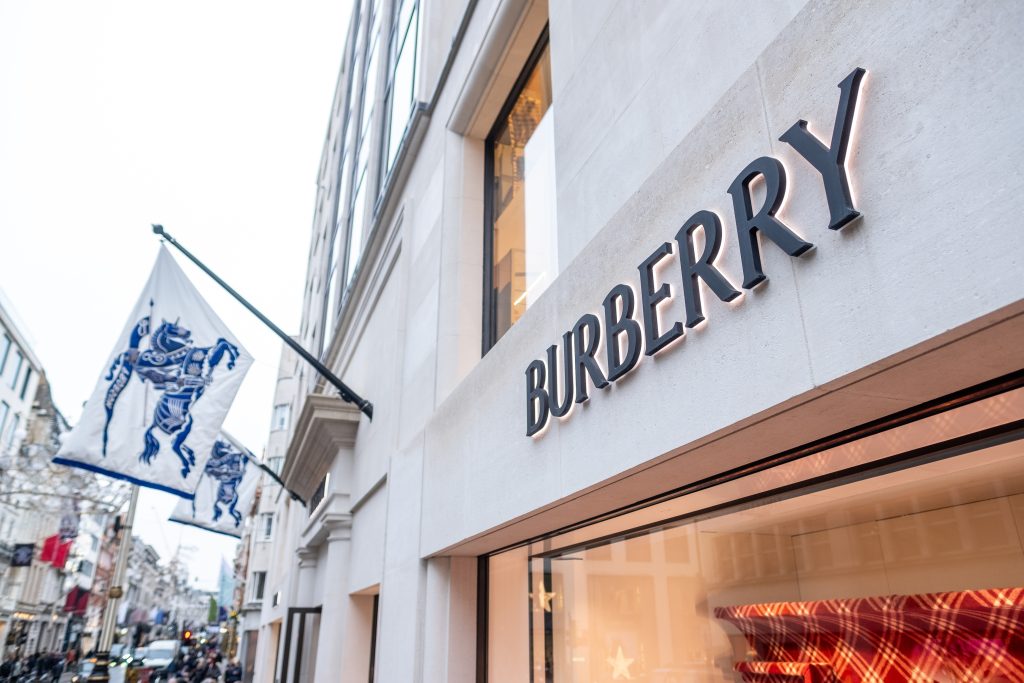

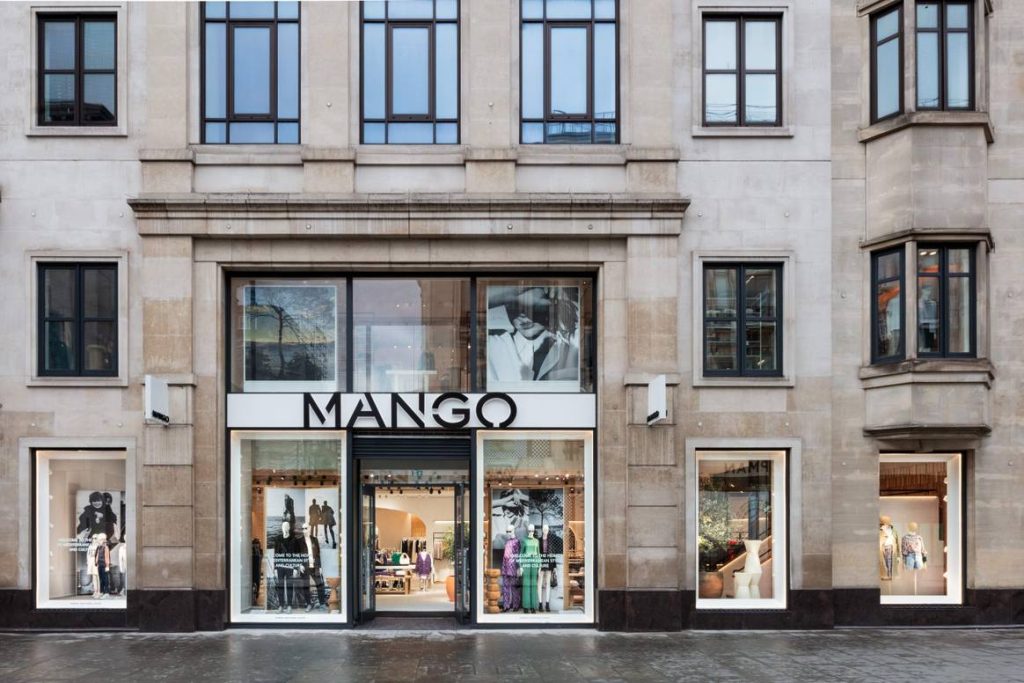

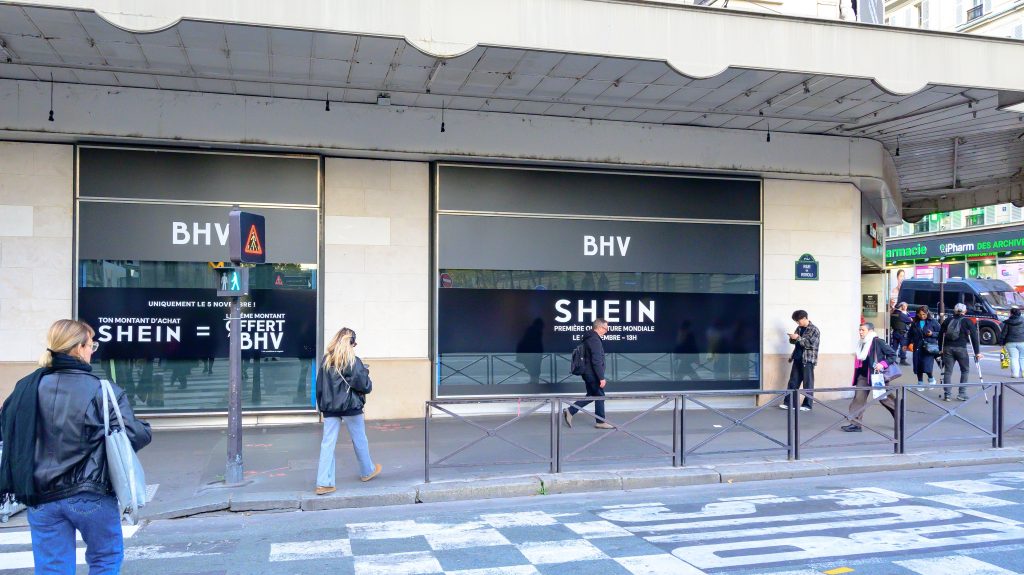



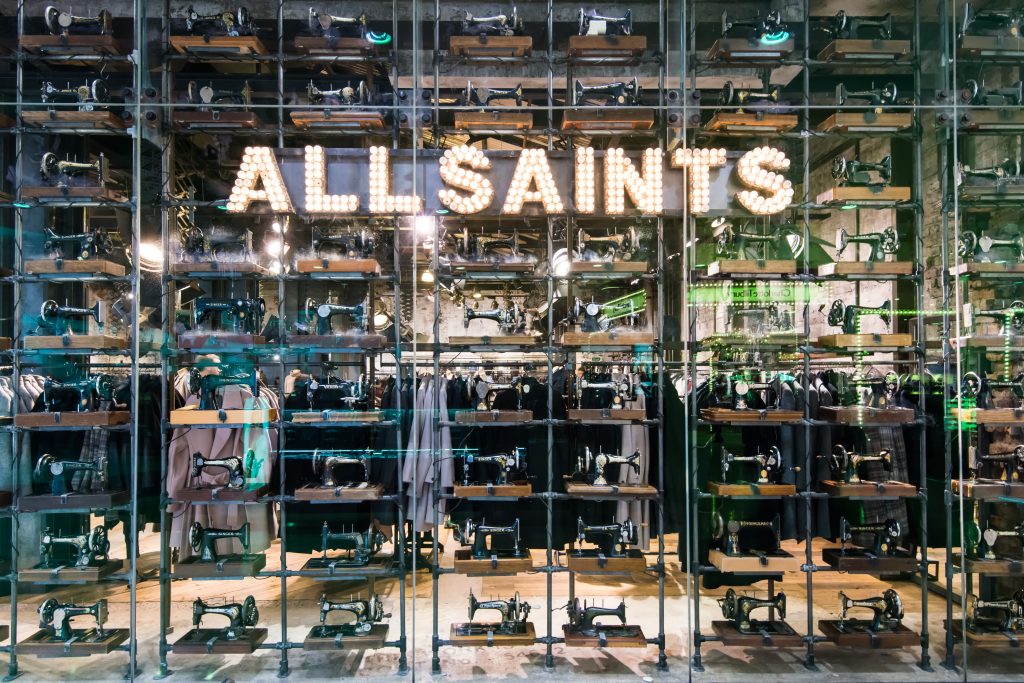



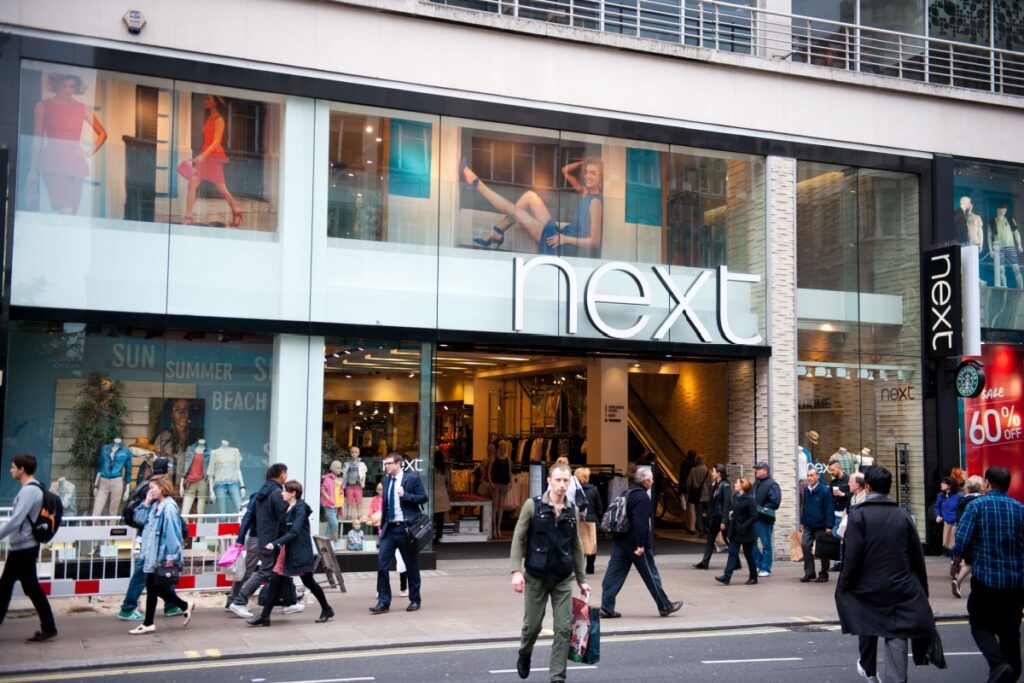




3 Comments. Leave new
In these current times it really shows the importance of e-commerce shop. I could never really understand why a big fashion retailer such as Primark don’t have an online store. Our fascinator shop sells fascinators all over the world thanks to our online presence.
If it was online the shops would suffer, the amount of returns online would also add a huge loss, it is very different selling online… the business works, why go online and risk it all?
Primark don’t have an online store